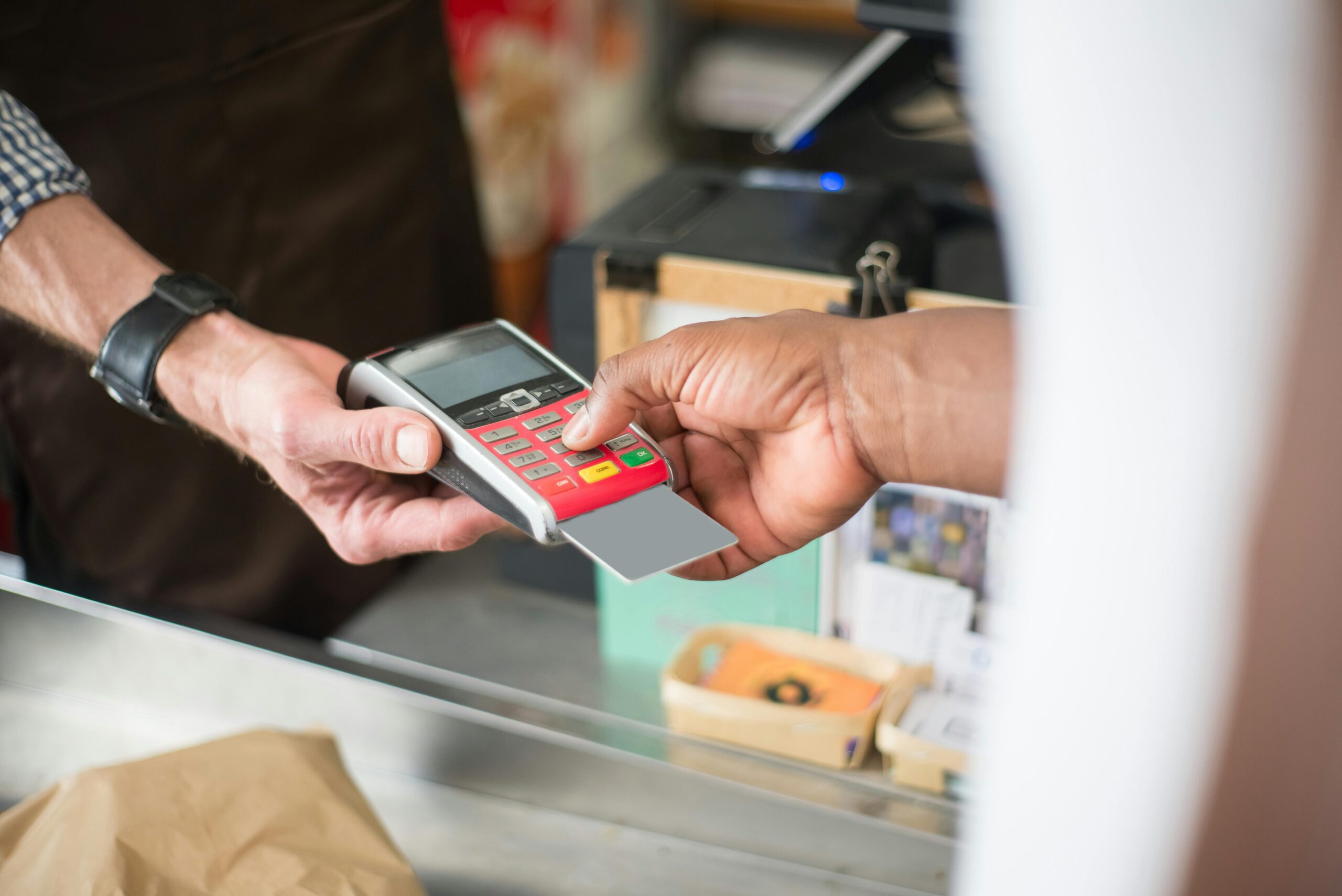“Ever argued with your partner over who’s stuck paying for a disputed credit card charge? Yeah, us too.” Whether it’s an unauthorized purchase or a defective product you can’t return, dealing with chargebacks on a joint credit card isn’t just complicated—it’s potentially wallet-draining. Let’s explore how Chargeback Liability Allocation affects you and your co-cardholder, so you’re prepared in case things go south.
Table of Contents
- What is Chargeback Liability Allocation?
- Why Does This Matter for Joint Credit Cards?
- How to Protect Yourself from Unfair Chargebacks
- Tips for Managing Liability in Shared Accounts
- Real-Life Case Studies
- FAQs About Chargeback Liability Allocation
Key Takeaways
- Chargeback liability allocation determines which account holder is financially responsible when a chargeback occurs.
- Joint credit cards complicate matters because both parties are legally liable—regardless of who made the transaction.
- A clear understanding of card agreements and frequent communication between co-account holders can prevent disputes.
What is Chargeback Liability Allocation?
Chargebacks occur when consumers dispute charges and request refunds directly through their banks instead of merchants. But here’s where it gets sticky: chargeback liability allocation dictates who foots the bill if the merchant doesn’t pay up or if the claim gets rejected.

This means that even on a shared credit card, one person may end up bearing more financial risk than expected.
Why Does This Matter for Joint Credit Cards?
Imagine this confessional fail: I once signed up for a joint credit card without reading the fine print. When we had our first chargeback issue, guess what happened? My spouse accidentally triggered a $500 flagged charge, and suddenly *I* got hit with all the responsibility during resolution. Whirrrr—sounds like my brain overheating while trying to navigate this mess!
In joint cards, both users share equal legal obligations. However, the issuing bank decides who takes the brunt of the chargeback costs based on usage patterns, signatories, or other factors. It’s chef’s kiss frustrating if you aren’t aware beforehand.
Grumpy Optimist Dialogue:
Optimist Me: “No biggie, just read the terms next time!”
Grumpy Me: “Unless someone has magical spectacles that transform jargon into plain English, yeah right.”
How to Protect Yourself from Unfair Chargebacks
- Read the Fine Print: Know exactly how your joint account handles disputes and liability allocation.
- Keep Records Straight: Track receipts and transactions meticulously. Pro tip? Use separate accounts for personal vs. shared expenses.
- Notify Your Bank ASAP: Report errors immediately to avoid unnecessary penalties.
Tips for Managing Liability in Shared Accounts

- Set boundaries early about spending limits per user.
- Schedule monthly check-ins to review statements together.
- Consider low-limit cards as trial runs before fully merging finances.
Real-Life Case Studies
Take Sarah and John, who found themselves embroiled in a chargeback fiasco after booking flights under his name but using her funds. Despite being married, the issuer held Sarah liable due to differing primary account details. Lesson learned: Always align primary ownership consistency across accounts.
FAQs About Chargeback Liability Allocation
Q: Can you split chargeback liabilities equally between joint owners?
A: Unfortunately, no. Most banks decide individually unless specified otherwise by internal policies.
Q: Is there any protection against unfair allocations?
A: Yes! File appeals backed by solid documentation proving shared intent or mutual agreement regarding purchases.
Conclusion
Understanding Chargeback Liability Allocation empowers smarter decisions around joint credit card management. With open discussions, careful tracking, and strategic planning, couples—or business partners—can minimize risks effectively. Like keeping Tamagotchis alive back in the day, handling finances takes daily care—and trust.
Haiku Time:
Chargebacks blur the lines,
Shared debts need honest talks,
Coffee fuels solutions.


